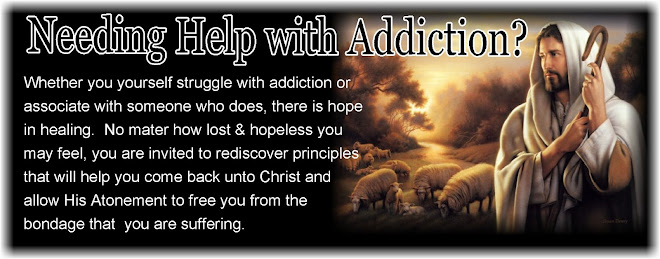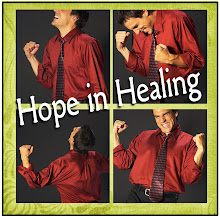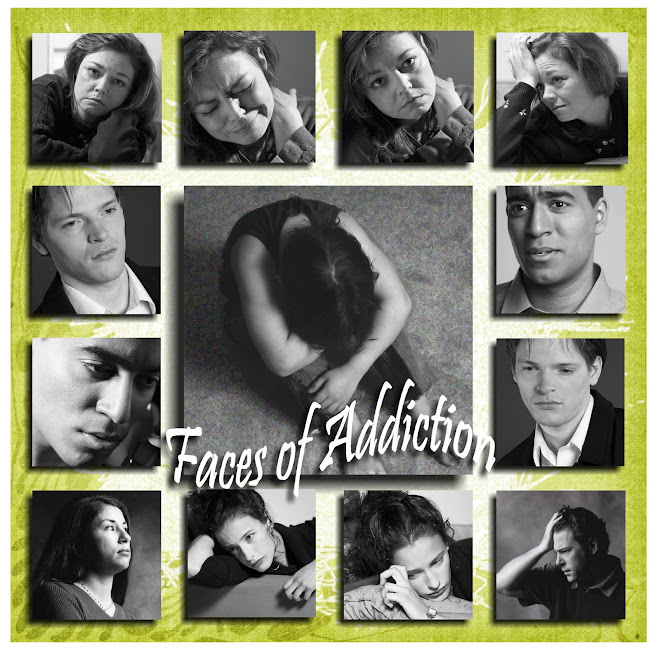 He relates a story of faith and prayer of a Pioneer family as they travel to get to Utah, and one of the trials that they experienced along the way. Since this is the month that we celebrate the entry of the Pioneers to Utah, I wanted to share this with you. How it relates to addiction recovery is this... Everyone in all times have experienced adversities in their lives that cause them grief, pain, sadness, hurt, sorrow and all manner of earthly suffering. I believe at times we need to set our own aside, and gain strength from others experiences. This is actually what is done in the Addiction Recovery meetings in the sharing portion. We gain strength and hope from the stories that others tell about their own addictions. Anyway... I thought you would enjoy this story of faith and gratitude.
He relates a story of faith and prayer of a Pioneer family as they travel to get to Utah, and one of the trials that they experienced along the way. Since this is the month that we celebrate the entry of the Pioneers to Utah, I wanted to share this with you. How it relates to addiction recovery is this... Everyone in all times have experienced adversities in their lives that cause them grief, pain, sadness, hurt, sorrow and all manner of earthly suffering. I believe at times we need to set our own aside, and gain strength from others experiences. This is actually what is done in the Addiction Recovery meetings in the sharing portion. We gain strength and hope from the stories that others tell about their own addictions. Anyway... I thought you would enjoy this story of faith and gratitude."In the late 1850s many converts from Europe were struggling to reach the Great Salt Lake Valley. Many were too poor to afford the open and the covered wagons and had to walk, pushing their meager belongings in handcarts. Some of the most touching and tragic moments in the history of the Church accompanied these handcart pioneers.
 One such company was commanded by a Brother McArthur. Archer Walters, an English convert who was with the company, recorded in his diary under July 2, 1856, this sentence: “Brother Parker’s little boy, age six, was lost, and the father went back to hunt him.” (LeRoy R. Hafen and Ann W. Hafen, Handcarts to Zion, Pioneers Ed. Glendale, California, The Arthur H. Clark Co., 1960, p. 61.)
One such company was commanded by a Brother McArthur. Archer Walters, an English convert who was with the company, recorded in his diary under July 2, 1856, this sentence: “Brother Parker’s little boy, age six, was lost, and the father went back to hunt him.” (LeRoy R. Hafen and Ann W. Hafen, Handcarts to Zion, Pioneers Ed. Glendale, California, The Arthur H. Clark Co., 1960, p. 61.)The boy, Arthur, was next youngest of four children of Robert and Ann Parker. Three days earlier the company had hurriedly made camp in the face of a sudden thunderstorm. It was then the boy was missed. The parents had thought him to be playing along the way with the other children. Someone remembered earlier in the day, when they had stopped, that they had seen the little boy settle down to rest under the shade of some brush.
Now most of you have little children and you know how quickly a tired little six-year-old could fall asleep on a sultry summer day and how soundly he could sleep, so that even the noise of the camp moving on might not awaken him. For two days the company remained, and all of the men searched for him. Then on July 2, with no alternative, the company was ordered west.
Robert Parker, as the diary records, went back alone to search once more for his little son. As he was leaving camp, his wife pinned a bright shawl about his shoulders with words such as these: “If you find him dead, wrap him in the shawl to bury him. If you find him alive, you could use this as a flag to signal us.”
She, with the other little children, took the handcart and struggled along with the company.
 Out on the trail each night Ann Parker kept watch. At sundown on July 5, as they were watching, they saw a figure approaching from the east! Then, in the rays of the setting sun, she saw the glimmer of the bright red shawl. One of the diaries records: “Ann Parker fell in a pitiful heap upon the sand, and that night, for the first time in six nights, she slept.” Under July 5, Brother Walters recorded:
Out on the trail each night Ann Parker kept watch. At sundown on July 5, as they were watching, they saw a figure approaching from the east! Then, in the rays of the setting sun, she saw the glimmer of the bright red shawl. One of the diaries records: “Ann Parker fell in a pitiful heap upon the sand, and that night, for the first time in six nights, she slept.” Under July 5, Brother Walters recorded: “Brother Parker came into camp with a little boy that had been lost. Great joy through the camp. The mother’s joy I cannot describe.” (Hafen and Hafen, Handcarts to Zion, p. 61.)
We do not know all of the details. A nameless woodsman—I’ve often wondered how unlikely it was that a woodsman should be there—found the little boy and described him as being sick with illness and with terror, and he cared for him until his father found him. So here a story, commonplace in its day, ends—except for a question. How would you, in Ann Parker’s place, feel toward the nameless woodsman had he saved your little son? Would there be any end to your gratitude? To sense this is to feel something of the gratitude our Father must feel toward any of us who saves one of his children. Such gratitude is a prize dearly to be won, for the Lord has said, “If it so be that you should labor all your days in crying repentance unto this people, and bring, save it be one soul unto me, how great shall be your joy with him in the kingdom of my Father!” (D&C 18:15.) Even so, I might add, if that soul should be our own."
At the bottom of President Packers talk he says: "Many of you are burdened with unhappiness and worry and with guilt. Many of you struggle under the bondage of degrading habits or wrestle with loneliness or disappointment and failure. Some of you suffer from broken homes, broken marriages, broken hearts. We are not offended at all of these things. All of these things may be set aside—overcome. Whoever you are and whatever you are, we reach out to extend to you the hand of fellowship so that we can lift one another and lift others."
 I would like to echo the words of President Packer and say to you, "The hand of fellowship is extended to you" and the invitation given that you are welcome to attend and participate in the LDS Addiction Recovery Meetings.... "so that we can lift one another and lift others." (You don't need to be LDS or be referred by Family Services to attend these meetings. All you need is to have a desire to break the bands of bondage that your addiction has held you in so tightly, and just come to a meeting.)
I would like to echo the words of President Packer and say to you, "The hand of fellowship is extended to you" and the invitation given that you are welcome to attend and participate in the LDS Addiction Recovery Meetings.... "so that we can lift one another and lift others." (You don't need to be LDS or be referred by Family Services to attend these meetings. All you need is to have a desire to break the bands of bondage that your addiction has held you in so tightly, and just come to a meeting.)President Boyd K. Packers full talk can be found at http://www.schoolofabraham.com/muchrequired.htm










No comments:
Post a Comment